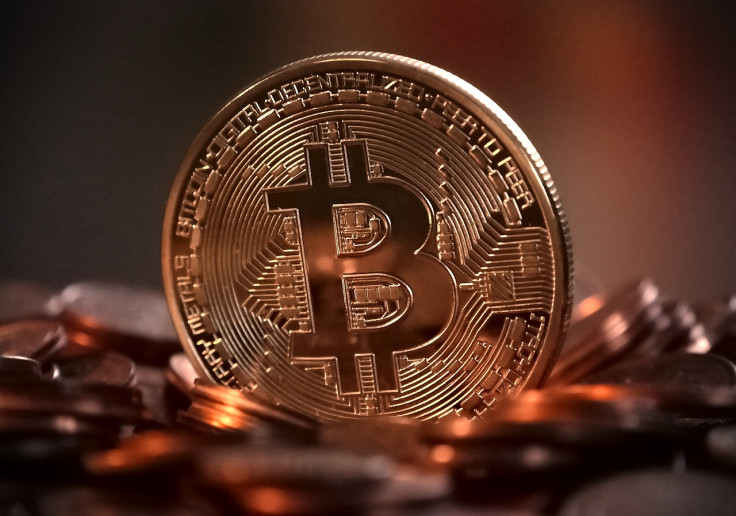How concerned should crypto investors be by the UK's soaring inflation?
According to price analysis by Bitget on the British pound and Bitcoin, the UK's growing inflation is giving rise to devaluing the nation's currency.

On 22 June 2023, the Bank of England (BoE) announced a 0.5 percentage points increase in the bank rate from 4.5 per cent to five per cent. Economists warn that it is expected to rise further by two percentage points to suppress high inflation.
So, how does rising inflation impact crypto investors?
Inflation by definition is a rise in prices over time which leads to a decline in purchasing power. However, the pressure of inflation on foreign currency does not affect cryptocurrency in the same way as it is not a currency. Investors, therefore, view cryptocurrencies as a hedge against inflation.
Globally the largest cryptocurrency by market capitalisation is Bitcoin (BTC), established in 2009. BTC is not like fiat currency and uses a blockchain decentralised ledger system in its creation, distribution and trade.
In an interview with Fox Business on July 5, BlackRock's CEO Larry Fink said he did "believe the role of crypto is digitising gold in many ways", and BTC has the power to "revolutionise" Finance.
#Bitcoin is an International Asset. - Larry Fink, BlackRock CEO pic.twitter.com/WIVKITXYPj
— Michael Saylor⚡️ (@saylor) July 5, 2023
Fink offered the suggestion that with the devaluation of certain currencies, investors could hedge against inflation by investing in BTC.
Bitget, a leading global crypto exchange platform for crypto derivative exchange founded in 2018, has given a technical analysis of whether crypto investors should be concerned about the UK's soaring inflation.
According to price analysis by Bitget on the British pound and Bitcoin, the UK's growing inflation is giving rise to devaluing the nation's currency. As the purchasing power of GBP is declining, investors are turning to different assets in an effort to hedge their capital in opposition to inflation. Bitcoin has reportedly become one of the most preferable assets and as a trading pair, GBP and BTC are the most common in exchanges and trading platforms operating in the UK.
The accessibility, value and appeal of GBP are impacted also by bank deposits and interest rates on savings which are propelling investors into BTC and alternative digital currencies.
Bitget also found that the convergence of the economic and technical elements relating to BTC and GBP is currently neutral as seen from data on the 4H Chart. As indicated by the Relative Strength Index (RSI) of the BTC/GBP pair is resting at 79.90, which is considered neutral. This shows that buyers and sellers trading Bitcoin against the pound are counterbalanced. However, prices can move to and fro in either direction.
Bitget has Bitcoin's price at 23,578.23 pounds and despite the indeterminate nature of the volatile market, they view that the price of the asset may exceed 24,000 pounds in the short-term, as long as market sentiments remain positive. Also, in the mid-term, the GBP/BTC price may rise above the 25,000 pounds level by the end of the second quarter.
Overall, the BTC market sentiment is presently growing and the impact of high inflation in the UK is devaluing the British pound. Even so, in spite of economic challenges, the popularity of the GBP/BTC trading pair reflects the increasing importance of cryptocurrencies. However, how cryptocurrencies will be affected in the long term is dependent on how effective the Central Bank policies are in dealing with inflation.
© Copyright IBTimes 2025. All rights reserved.





















